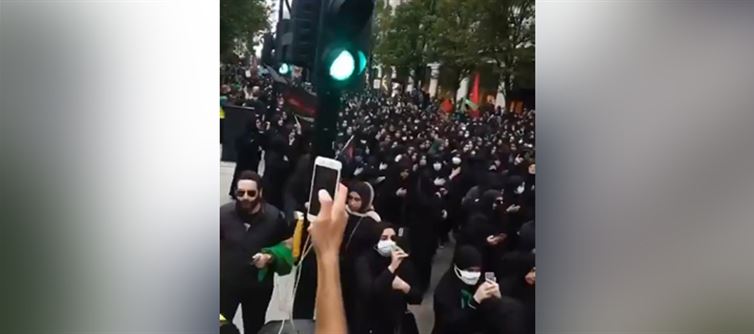
The tweet questions how New York, a city still reeling from the 9/11 attacks, could elect a Muslim mayor, suggesting that this choice might lead to a transformation similar to what has been observed in London. The author implies that such changes are not merely about immigration but could be perceived as an "invasion," pointing to the increasing number of Muslim mayors in UK cities like Rotherham, London, Birmingham, and others.
The post has sparked a range of reactions. Some users agree with Dr. Maalouf, expressing fears about the erosion of Western values and the rise of radical ideologies. Others defend the election outcome, arguing that it reflects democratic choice and that attributing terrorism to an individual's religion is unfair. The discussion also touches on the broader implications of ranked-choice voting and the political strategies employed by candidates like Mamdani, who leveraged grassroots support and progressive policies.
While some see the election of a Muslim mayor as a progressive step, others view it as a concerning shift that could alter the city's cultural and security landscape. The debate continues to evolve, with significant implications for future electoral politics and urban policy in major cities.




 click and follow Indiaherald WhatsApp channel
click and follow Indiaherald WhatsApp channel